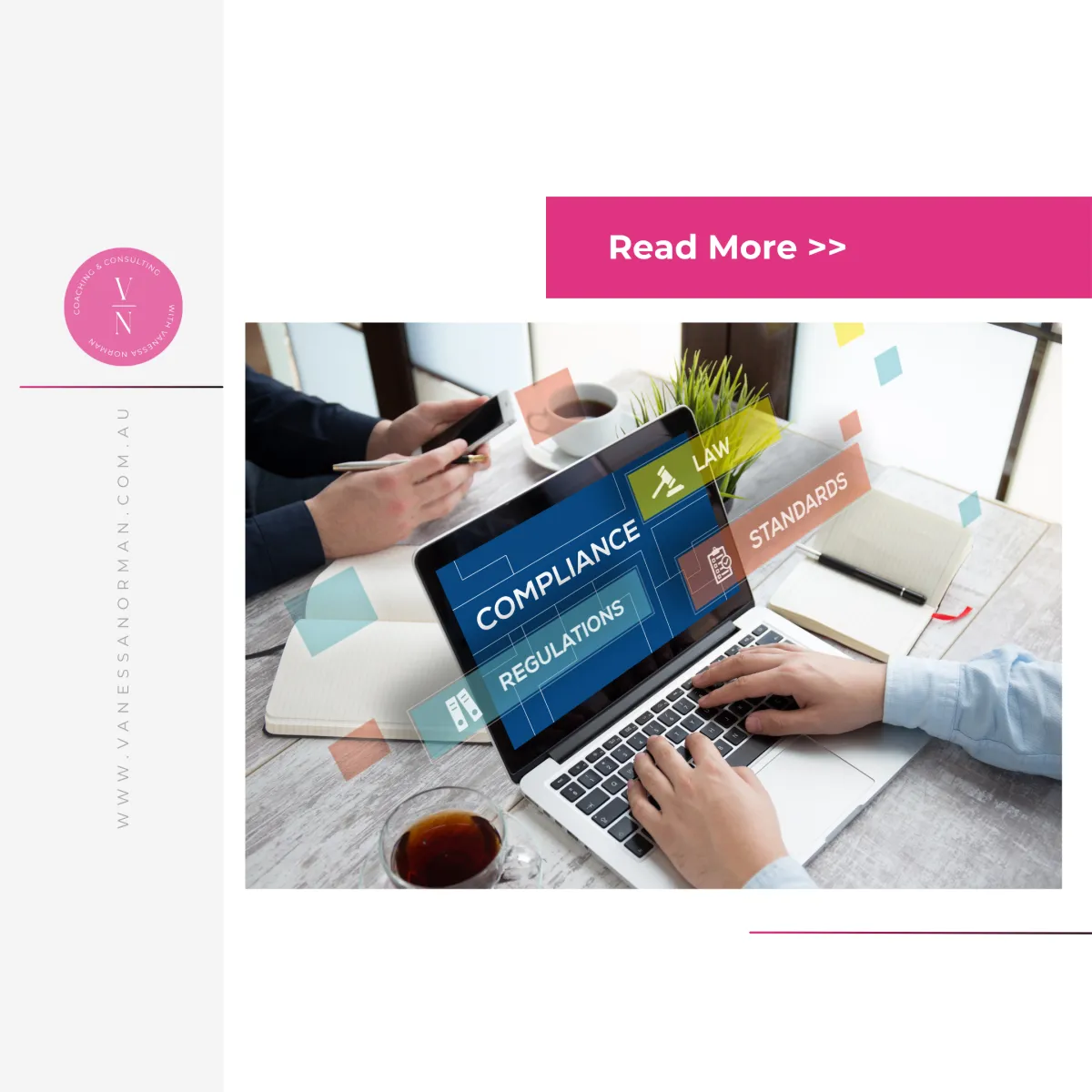
Unregistered Providers Will No Longer Get Away With Sloppy Compliance: What to Prepare Now
For years, there has been an uncomfortable gap in the NDIS sector. Registered providers are held to strict standards, with audits, policies, and reporting requirements. Meanwhile, many unregistered providers have operated with far less oversight.
That is changing.
In its 2025–26 priorities, the NDIS Commission has made it clear: participant safety and worker capability are front and centre. And that means unregistered providers will no longer fly under the radar.
Why the Crackdown is Happening
The NDIS has faced ongoing criticism about risk and safety. Stories of participants harmed by poor service, workers without training, or providers cutting corners have made headlines.
While most unregistered providers are well intentioned and deliver quality support, the lack of oversight has created gaps that put participants at risk.
The Commission’s new priorities highlight:
Stronger oversight of unregistered providers
Increased monitoring of high-risk services
Greater accountability for worker training and capability
Focus on participant rights and safe service delivery
If you are an unregistered provider, this affects you directly.
What It Means to Be an Unregistered Provider
Unregistered providers can deliver many services to self managed and plan managed participants without needing to go through the full registration process.
These services include:
Domestic assistance and home maintenance
Transport and travel support
Community participation
Social and life skills supports
Personal care (non high-intensity)
Up until now, many providers have treated this as a loophole. They start delivering services with minimal systems, no proper policies, and little awareness of compliance requirements.
But that is no longer safe. And very soon, it will no longer be possible.
The Risks of Staying Sloppy
If you are operating without proper compliance in place, you are exposing yourself to serious risks:
1. Participant Safety
If a client is harmed under your care and you cannot show evidence of policies, training and processes, you will face liability.
2. Legal and Financial Risk
The Commission has power to investigate, issue bans, and take legal action. Your business could be shut down overnight.
3. Loss of Trust
Plan managers, support coordinators and allied health professionals will stop referring to unregistered providers who do not meet basic compliance standards.
4. Missed Opportunities
If you want to scale, partner with other businesses, or eventually register, you will be starting from behind.
What You Need to Do Now
If you are an unregistered provider, here are the key steps you should take immediately:
1. Put Policies in Place
Even if you are not audited, you still need core documents such as:
Service agreements
Complaints management process
Incident reporting procedure
Worker screening and induction policies
2. Invest in Training
Make sure your staff (and yourself) are trained in areas relevant to the services you deliver. For example:
Manual handling for personal care
First aid and CPR
Mental health awareness
Cultural competence
3. Clarify Your Scope
Do not deliver services outside your skill set or legal allowance. If you are not trained in high intensity care, do not provide it.
4. Strengthen Record Keeping
Keep clear records of service delivery, complaints, incidents and staff training. If the Commission knocks on your door, you need evidence ready.
5. Start Thinking Long Term
If you want to grow, consider the pathway to becoming a registered provider. At the very least, run your business like you are preparing for an audit tomorrow.
The Future of Unregistered Providers
The NDIS Commission’s shift means the days of operating casually as an unregistered provider are over.
Families and plan managers are also becoming more cautious. They want to know the providers they work with are safe, reliable and professional.
This does not mean you have to register tomorrow. But it does mean you must lift your standards.
If you treat compliance as optional, your business will not last.
A Mindset Shift: From Surviving to Sustainable
Unregistered providers often start small. A few clients. A few hours. A few dollars coming in.
But too many get stuck in survival mode because they never treat their work like a business.
If you want to build something sustainable, you need to step up. Compliance is not a burden. It is protection. For you. For your staff. And most importantly, for the participants you support.
Unregistered providers will no longer get away with sloppy compliance. The sector is moving towards greater accountability, and you need to be ready.
This is not about making life harder for you. It is about ensuring participants receive safe, consistent and high quality support.
So do not wait for the Commission to knock on your door. Start putting the right systems in place now.
Want Resources to Get Compliant Without Overwhelm?
I have created a set of free resources designed to help NDIS providers build stronger foundations. Inside you will find checklists, guides and practical tools to get your policies, systems and compliance sorted without drowning in paperwork.
👉 Access them here: https://vanessanorman.com.au/resources
Because the providers who take compliance seriously today will be the ones still thriving tomorrow.
